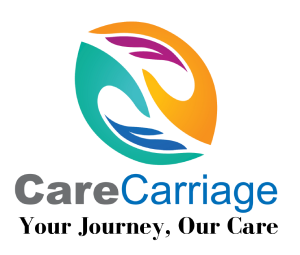
Community Nursing
Community Nursing is a type of nursing care provided outside of hospitals, typically in people’s homes or local community settings. It focuses on promoting health, preventing illness, and managing chronic or disability-related conditions. Community nurses support individuals in maintaining independence and improving their quality of life through personalised, ongoing care.
Here’s what is typically included in Community Nursing NDIS participants:-
1) Medication management (administration, monitoring, education)
Our qualified nurses provide safe and reliable medication management to support participants in maintaining their health and wellbeing.
We assist with medication administration, monitoring, storage, and documentation, ensuring all medications are taken safely and as prescribed. Our team also offers education and guidance to participants and carers to build confidence and understanding in medication routines.
2) Wound care and dressing changes
3) Continence assessment and catheter care
4) Diabetes management (insulin administration, glucose monitoring)
5) PEG feeding or enteral feeding support
Our qualified nursing team provides specialised support for participants requiring PEG (Percutaneous Endoscopic Gastrostomy) or other enteral feeding to ensure safe and effective nutrition. Services include tube care, feeding administration, medication delivery via tube, monitoring for complications, and education for participants and carers. We work closely with healthcare professionals to develop individualised feeding plans that promote health, comfort, and independence.
6) Stoma care and bowel management
7) Chronic disease monitoring (e.g., heart failure, COPD, stroke recovery)
8) Post-hospital discharge care and recovery support
Our experienced nursing team provides comprehensive support for participants returning home after hospitalisation, ensuring a smooth and safe transition to everyday life. Services include health monitoring, medication management, wound care, mobility support, and personalised recovery plans. We work closely with participants, families, and healthcare professionals to prevent complications, promote independence, and support overall wellbeing.
How to Access Community Nursing Services?
- NDIS Plan : Community Nursing is usually funded under the Core Supports category, specifically under Assistance with Daily Life – Community Nursing Care. To access this support, participants must have a disability-related health need that requires nursing care, such as wound management, continence care, medication administration, or chronic condition monitoring.
- Supporting Evidence : To receive funding for community nursing, participants must provide clinical evidence from medical professionals (e.g., a GP, nurse, or allied health specialist). This evidence should detail the participant’s health needs, the type and frequency of nursing support required, and how it relates to their disability.
- Support Coordination : Support Coordinators can help gather the required documentation, request a plan review if the support isn’t already funded, and connect participants with registered NDIS providers who offer community nursing services. They also help ensure services are delivered safely and in line with your NDIS goals.
Benefits of Community Nursing :
- Specialised Care for Complex Needs : Provides skilled nursing care in the comfort of your home, reducing the need for hospital visits.
- Management of Complex Medical Needs : Supports with wound care, medication management, catheter care, and other specialised health tasks.
- Improved Health Outcomes : Regular nursing care helps monitor your condition, prevent complications, and promote recovery.
- Supports Independence : Enables you to live more independently by managing health needs safely outside of hospital settings.
- Integration with NDIS Supports : Works alongside other supports in your NDIS plan to provide holistic care.
